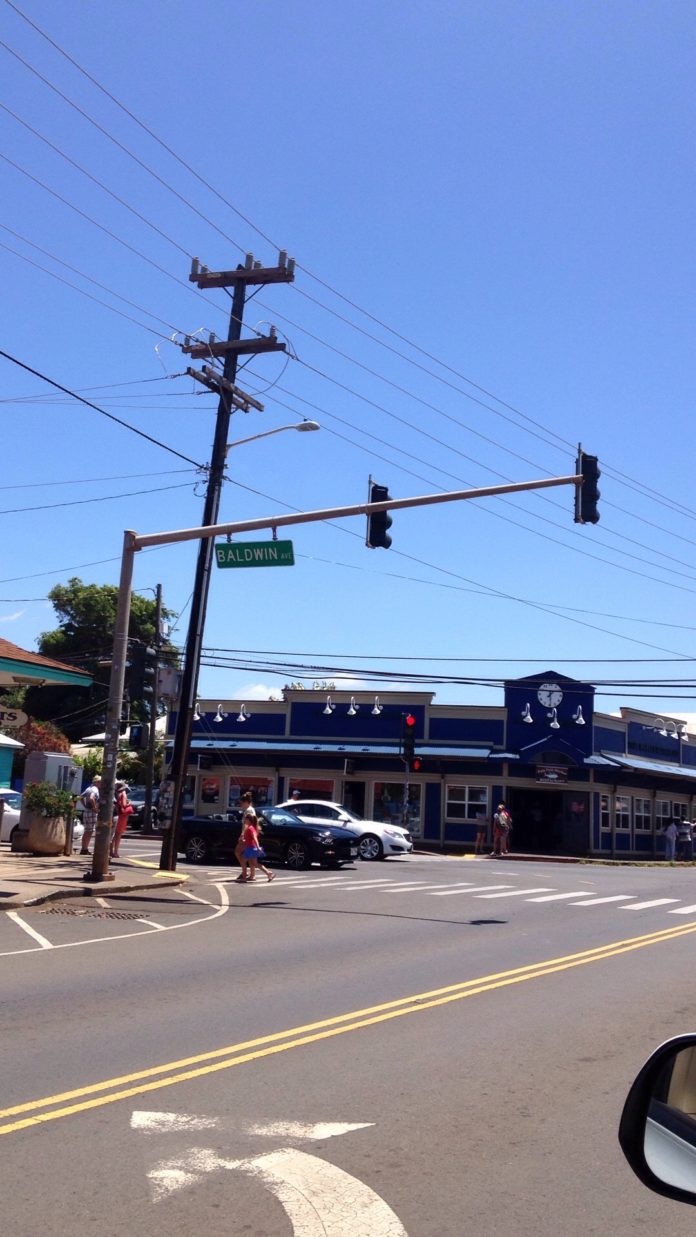With the unanimous approval of a lame-duck U.S. Senate, more people will soon — hopefully — receive relevant emergency alerts on their TVs, radios and mobile phones.
At the same time, new ways of alerting a public now consuming more streaming video and audio is being explored, as are ways to prevent false alerts such as the one that scared Hawai’i in January 2018 from ever happening again.
Passed by the Senate is the Reliable Emergency Alert Distribution Improvement (READI) Act. The bipartisan legislation was introduced by Hawaii Senator Brian Schatz, a Democrat, and Republican colleagues Roger Wicker and John Thune, Chairman of the Senate Commerce Committee.
Schatz introduced the legislation after a false missile alert was sent to mobile phones on the morning of January 14, 2018. While some were still sleeping, others were driven into a panic, unsure of what to do or if the scary messages were real.
They weren’t, but even local media had to do due diligence to inform listeners and viewers that the message was sent in error.
How One Hawaiian Radio Group Handled An ‘Eerie’ Scare
“When a missile alert went out across Hawai‘i in January, some people never got the message on their phones, while others missed it on their TVs and radios,” said Schatz. “Even though it was a false alarm, the missile alert highlighted real ways we can improve the way people receive emergency alerts. Our bill fixes some of these issues and will help make sure that in an emergency, the public gets the right information they need as quickly as possible.”
Thune added, “When an emergency happens, the public needs to be made aware in a timely and effective manner. The READI Act addresses a number of emergency alert system issues to improve the reliability of potentially lifesaving communications.”
The READI Act would:
- Ensure more people receive emergency alerts by eliminating the option to opt out of receiving certain federal alerts, including missile alerts, on mobile phones
- Require active alerts issued by the President or FEMA to be repeated. Currently, alerts on TV or radio may only be played once
- Explore updating the system to offer emergency alerts over the internet, including to audio and video online streaming services such as Netflix and Spotify
- Encourage State Emergency Communications Committees to periodically review and update their State Emergency Alert System Plans, which are often out of date
- Compel FEMA to create best practices for state, tribal, and local governments to use for issuing alerts, avoiding false alerts, and retracting false alerts if they occur, as well as for alert origination training and plans for officials to contact each other and federal officials during emergencies
- Establish a reporting system for false alerts so the FCC can track when they occur and examine their causes
In addition to the READI Act, Sen. Schatz introduced the ALERT Act earlier this year. The legislation, which passed the Senate in June, would give the federal government the primary responsibility of alerting the public of a missile threat.
NAB Executive Vice President of Communications Dennis Wharton:
The NAB thanked the Senate for passing the READI Act. Dennis Wharton, the lobbying groups EVP/Communications, commented, “Local radio and TV broadcasters play a vital role as ‘first informers’ in keeping communities safe, and we understand the importance of relevant and up-to-date information when lives are at risk.”
It is now up to the House of Representatives to pass similar legislation.
— Ethan Hunt assisted with this story from Paia, Hawaii.






